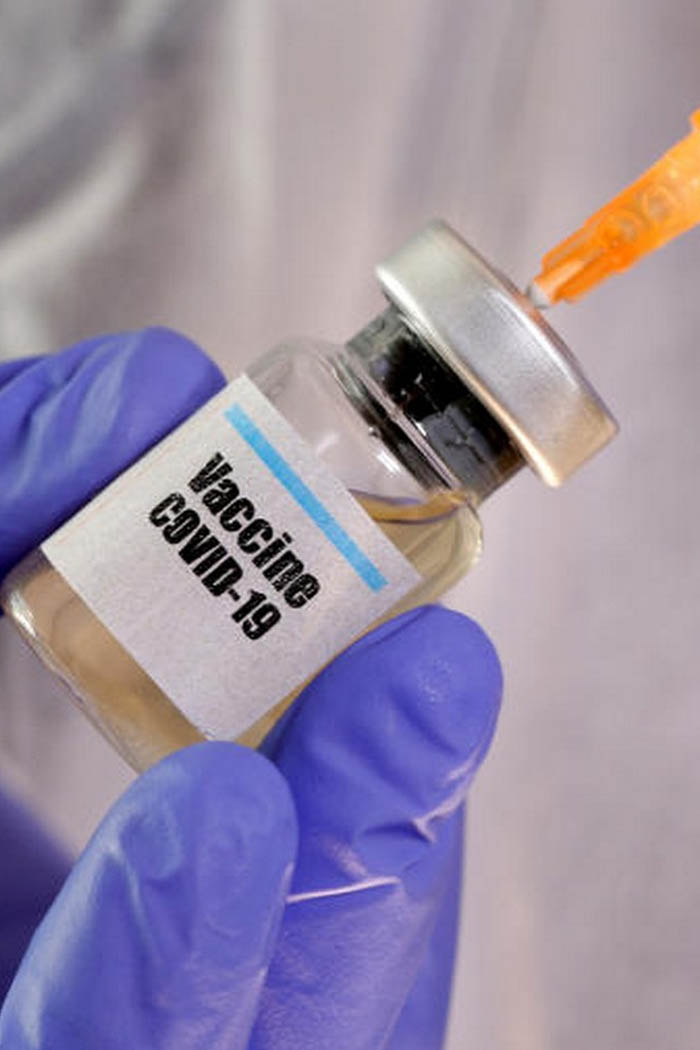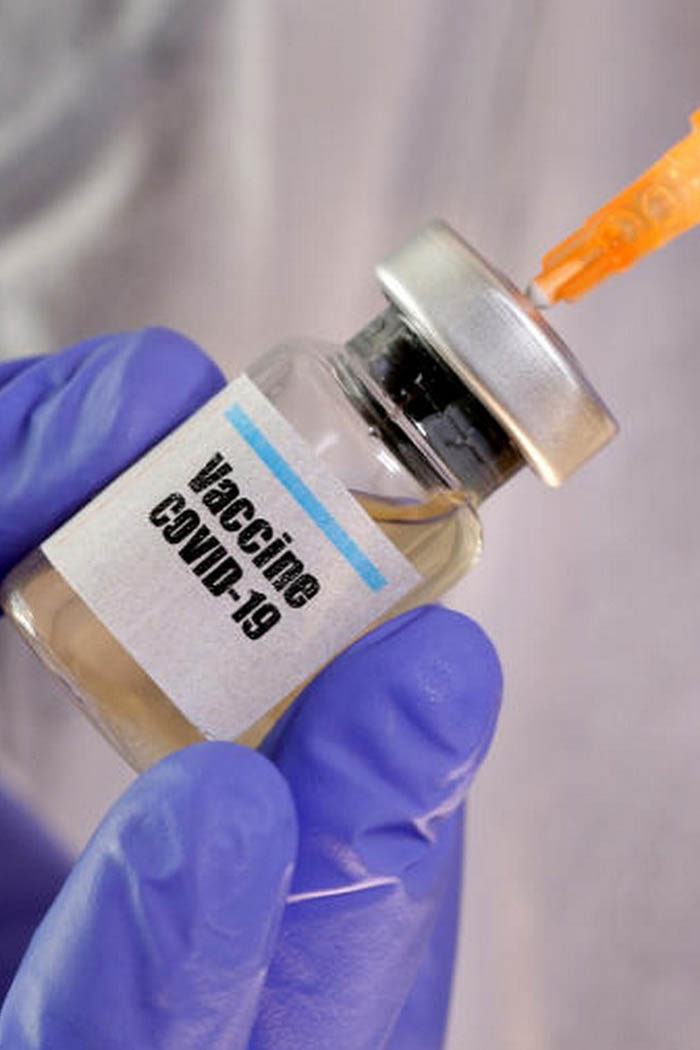“The only thing I had was maybe six to 10 hours following the vaccine I felt a little bit of an ache in my arm that lasted maybe 24 hours,” Fauci said before noting that it didn’t last long. Beyond that, Fauci said he didn’t experience any other “deleterious type of effects.”
Fauci’s experience with the vaccine isn’t uncommon and is precisely why there’s so much optimism surrounding the COVID-19 vaccines from Pfizer and Moderna. Recall that neither vaccine was shown to cause any serious side effects during clinical trials. What’s more, in instances when volunteers did report adverse symptoms — such as a headache or muscle pain — the symptoms typically went away within 24 hours.
The schedule for the coronavirus vaccine requires the administration of two doses three weeks apart, and with Fauci’s second dose now just two weeks away, the face of the White House’s coronavirus task force isn’t worried about anything save for the potential for more soreness in his arm.
“Perhaps when I get the boost I might feel a little achy,” Fauci said during an interview with CNN earlier this week.

While there have been reports of vaccine recipients experiencing severe allergic reactions, early indications suggest that such individuals tend to have a history of allergies.
For instance, Dr. Hossein Sadrzadeh — who has a severe shellfish allergy — told The New York Times that his blood pressure went up and that he went into anaphylactic shock after receiving the vaccine. Before going to the ER, Sadrzadeh used an EpiPen on himself.
Sadrzadeh was swiftly discharged and, according to reports, is doing perfectly fine now.
The Times adds:
After the initial cases accompanying the Pfizer shots, the C.D.C. issued advice that the Pfizer and Moderna vaccines might not be appropriate for people with a history of anaphylaxis to ingredients in either injection. Anaphylaxis, which typically happens within minutes after exposure to a triggering substance, can impair breathing and cause precipitous drops in blood pressure, potentially becoming life-threatening.
That notwithstanding, the CDC is still advising people with less severe allergies to get the vaccine. The only qualification is that they’re encouraged to wait around for 15-minutes post-injection just to make sure that everything is okay.
It’s worth noting that a dearth of severe side effects isn’t the only reason why Pfizer and Moderna’s vaccines may ultimately defeat the coronavirus. Equally as important is that both vaccines were found to be about 95% effective at preventing someone from coming down with the coronavirus, an impressive figure that even caught many researchers off-guard.
Lastly, it’s worth noting that the development of an effective coronavirus vaccine is only half the battle. The other battle lies in convincing a majority of Americans to take it, something that needs to happen to achieve herd immunity and prevent future outbreaks. If all goes according to plan, Fauci believes that we might be able to engage in normal day-to-day activities by June of 2021.







